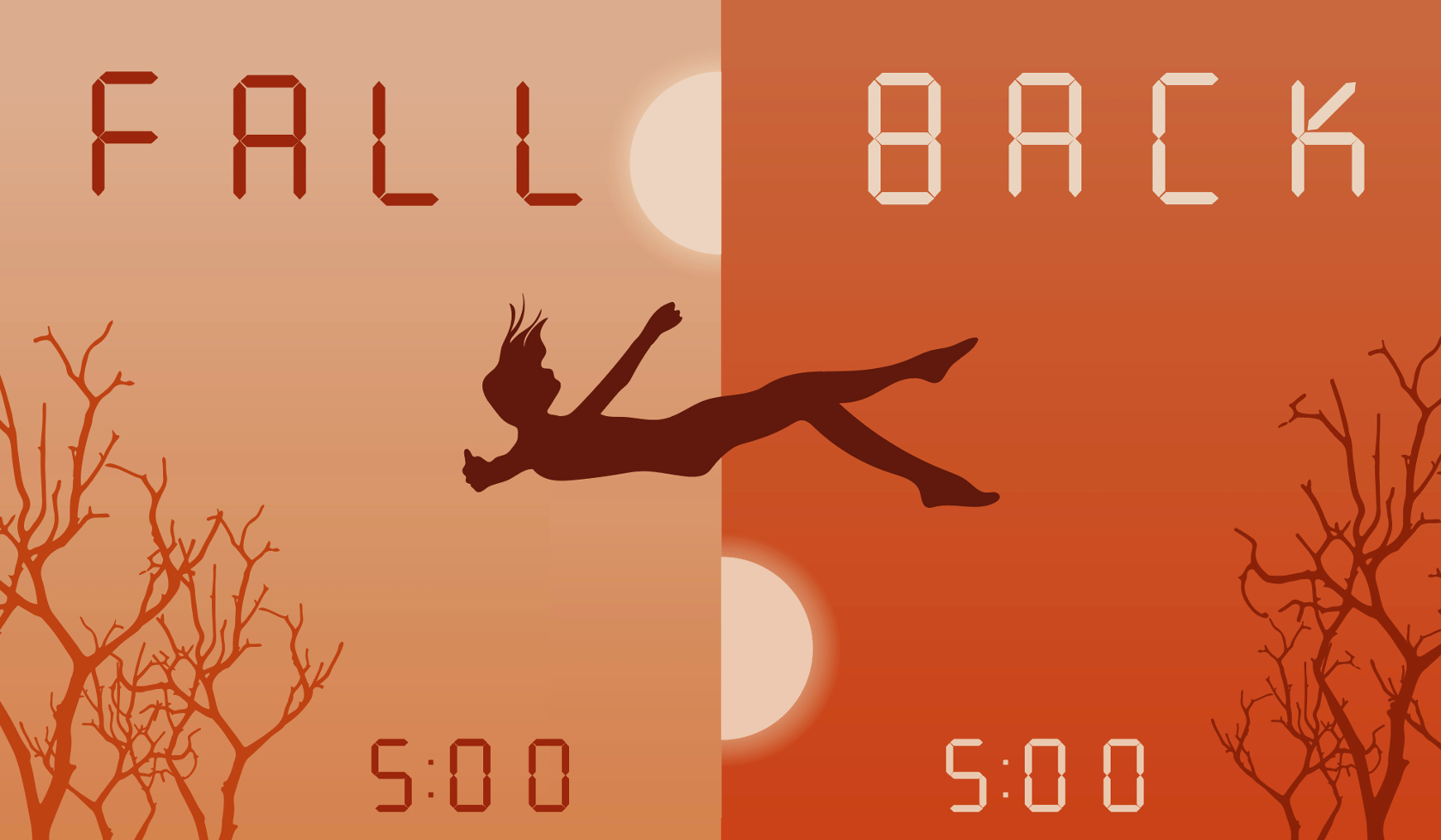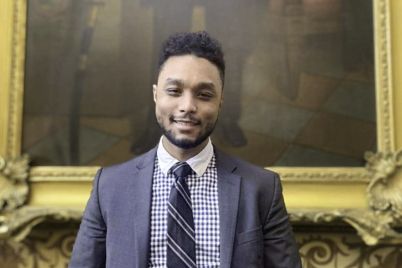
Illustration by Grace Faver
By RJ Hunt
Editor
How are you feeling after the recent time change? Many tend to take some time getting used to it being dark by 6 p.m. Daylight Saving Time is a process many have gone through for years. Some thought it wasn’t a thing anymore and the U.S. was done with it. That was not the case, however this most recent clock switch has a chance to be historic. That is because this may be the last time we turn the clocks to “fall back”.
Daylight Saving Time was first introduced in 1916 by Germany and Austria as a way to have more daylight during the different seasons. The U.S. began using this method in 1918 and has used it ever since. Since 2007, the date for the “fall back” (clock goes back an hour) has been the second Sunday in March. The date for the “spring forward” (clock goes forward an hour) has been the first Sunday of November.
In March, the U.S. senate voted unanimously to approve the Sunshine Protection Act which would keep Daylight Saving Time permanent starting in 2023. This would mean the time we follow from March until November would be the one to stay. WCC student, Jacob Sackett is looking forward to this bill potentially becoming a law. “I think it’s dumb that some places don’t follow the same time rules as other places,” said Sackett.
Daylight Saving Time becoming permanent would effectively end having to change the clocks once in the fall and once in the spring. The goal is to allow brighter afternoons for children to play outside for a longer period of time, to allow more economic activity throughout the day, and to reduce the amount of seasonal depression seen throughout different Americans. Sackett feels like the time changes mess with him pretty bad because of his seasonal depression. “During the winter time, when it gets dark outside earlier and the time changes with it, I don’t vibe with it,” said Sackett. “It definitely has an effect with my schooling and work. It brings me into a bit of a depression.
Another student that feels the effects of the time changes is Saydatou Cisse. “Daylight savings really does make me do more things in a day than usual because it’s either the day goes by fast or slow”, said Cisse. “When it goes by fast I’m more productive and try to get things done and when it goes by slow I’m not as productive.”
Al Tyuse, a student at WCC, understands how the time change can affect people. “I feel like it doesn’t do anything to me personally, but to society and the community, I feel it messes people up a little bit,” said Tyuse.
On the other hand, Tyuse feels like people overdo it when complaining about it. “It pushes people’s schedules back, like what, an hour?” said Tyuse. “I feel like people exaggerate to a certain extent. I mean, I’m fine with where daylight saving time is at.”
While the Senate has approved of keeping Daylight Saving Time permanent, the bill has to go through the House of Representatives before it gets to President Biden. This is where things have been stalled. As of November, the bill hasn’t been voted on in the house. Even with its popularity, the bill is not a priority in Congress. A hurdle in the way of this bill becoming a law is that the Senate would have to reintroduce the bill if it’s not approved by the end of this year.
Another issue is that the build up for the midterm elections hurt the bill’s chance at getting voted on in the House. Now with the government in a transitional period, it’s unlikely the bill gets passed this year.


